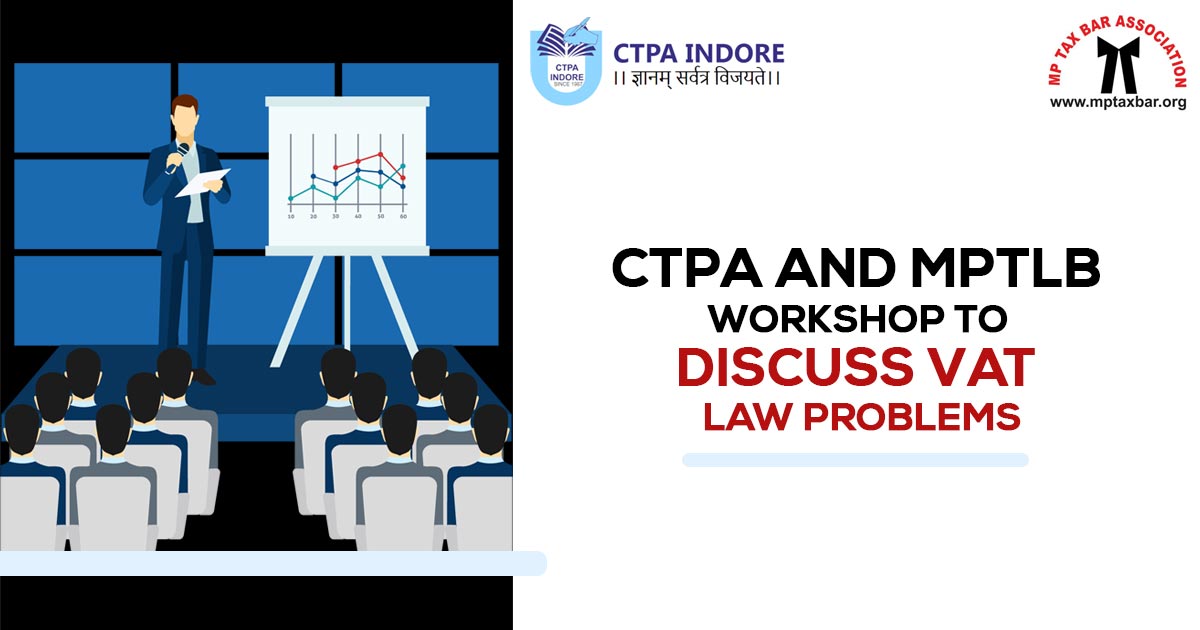
At present, natural gas is not included in the GST regime. It should either be taken under the GST regime or it would be considered for getting the input tax credit (ITC) upon the tax paid on its purchase even if it is under the VAT regime.
Senior tax consultant Amit Dave, speaking at a workshop co-hosted by the Commercial Tax Practitioners’ Association (CTPA) and the MP Tax Law Bar Association (MPTLB), proposed that natural gas, which is currently exempt from the GST regime, should either be included in the GST or qualify for input tax credits even under the current VAT regime.
The goal of the workshop was to discuss technical issues and practical difficulties with the existing VAT legislation, which is only applicable to goods that have been notified. Since natural gas is not currently covered by the GST framework, senior tax advisor Dave brought up the problem with the State Government. The buyers, businessmen, are not eligible for any input tax credit on the tax paid for natural gas, instead, it is subject to a 14% VAT legislation.
Dave claimed that the lack of an input tax credit makes this provision unjustified. Natural gas is therefore subject to double taxation when it is used for making products like electric lights and bulbs. Because firms are unable to collect input tax credits, this condition causes an unnecessary increase in the price of these products, which affects their overall costs.
Read also: GST Collection Regime Needs to Be Re-examined, Say Consulting Companies
Dave brought to the state government’s attention the fact that, in the past, unresolved recovery cases up to the years 2016–17 were effectively handled under the Saral Bakaya Samadhan Yojana. He proposed that it would be reasonable to also initiate a similar scheme for the years 2017–2018. In front of the state government and the VAT department, Advocate AK Gaur, a senior tax consultant and former president of CTPA, also brought up significant issues with the VAT legislation.
Gaur emphasized that the Value Added Tax (VAT) legislation’s Section 47(1) gives the commissioner authority to independently take investigations and ask for records of orders given by officers. The commissioner may issue a revised decision that has no adverse effects on the concerned businessman after conducting a thorough inquiry and giving the businessman a chance to be heard.









